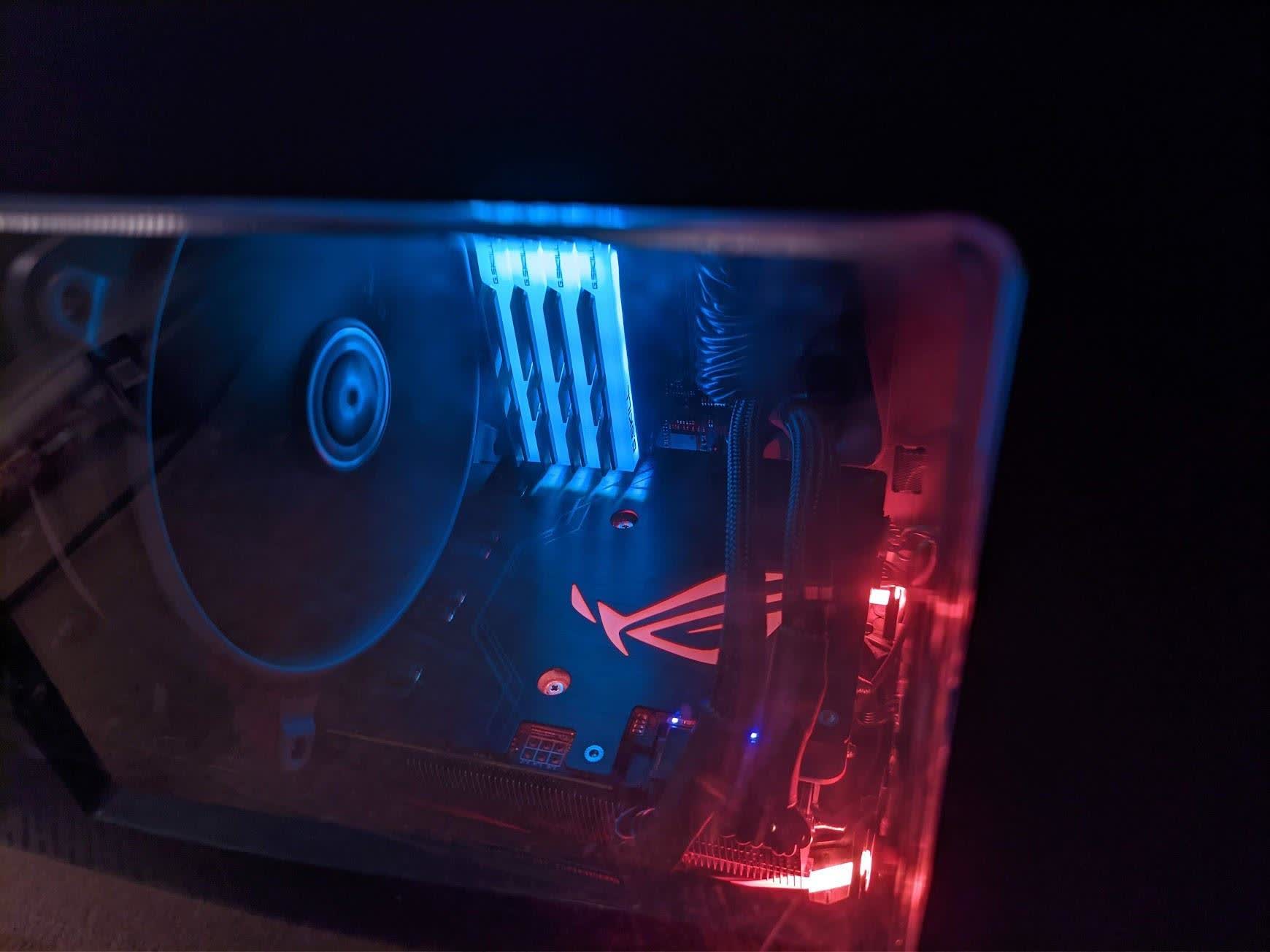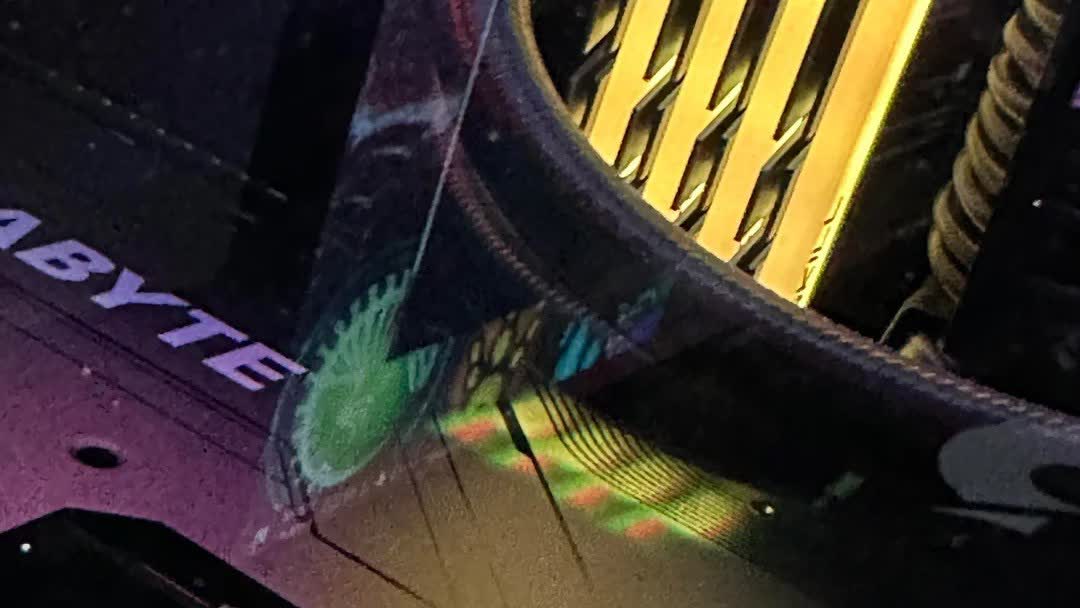In brief: RGB lighting has long been a divisive issue in the custom PC space, but arguments surrounding it have primarily focused on fashion. Few have likely worried about whether the elaborate lights could adversely affect certain components. Those shopping for RAM with RGB lighting might want to double-check the brand or its default settings.

Multiple Reddit users have recently reported permanent markings on their graphics card backplates matching the RGB lights from their system memory. While the occurrence doesn't seem to affect a GPU's health or performance, it suggests that something has gone wrong with the RGB components or design.
Photos provide evidence of burn-in on the sides of two GeForce RTX 3080s and an RTX 4080. Some commenters also reported similar markings on cards like the RTX 2070 Super and GTX 1080 Ti. In each case, the RAM leaves sharp, bright spots on the part of the graphics card sitting directly underneath the RAM sticks, which all use RGB lighting.

According to several replies, the most likely cause is that the RAM is emitting UV radiation or that at least some of its light is on the UV spectrum. The amount is likely harmless to humans, especially if filtered through glass panels which are common on RGB-equipped PCs. Faults in quality control on the lights, the shielding over the lights, or their default software settings could be resulting in excessive UV rays.
The issue isn't limited to a specific brand of memory, and GPUs from multiple vendors are affected. The photos show backplates from MSI and Gigabyte cards, and the burn-in patterns suggest Corsair Vengeance and G-Skill Trident RAM. However, in some cases, the markings only appeared after several years of regular use. Whether the affected companies will make official statements on the issue remains unclear.

Concerned users should consider adjusting the color and brightness of their RGB lights, or turning them off altogether. The primary RGB settings can be found in the BIOS, but hardware vendors also release software that can control lighting without booting into the BIOS.
Furthermore, Windows 11 includes a unified RGB lighting control interface that supports products from many vendors, found under Settings > Personalization > Dynamic Lighting. Those using Windows 10 or other operating systems can find similar functionality in software like OpenRGB and Signal RGB.